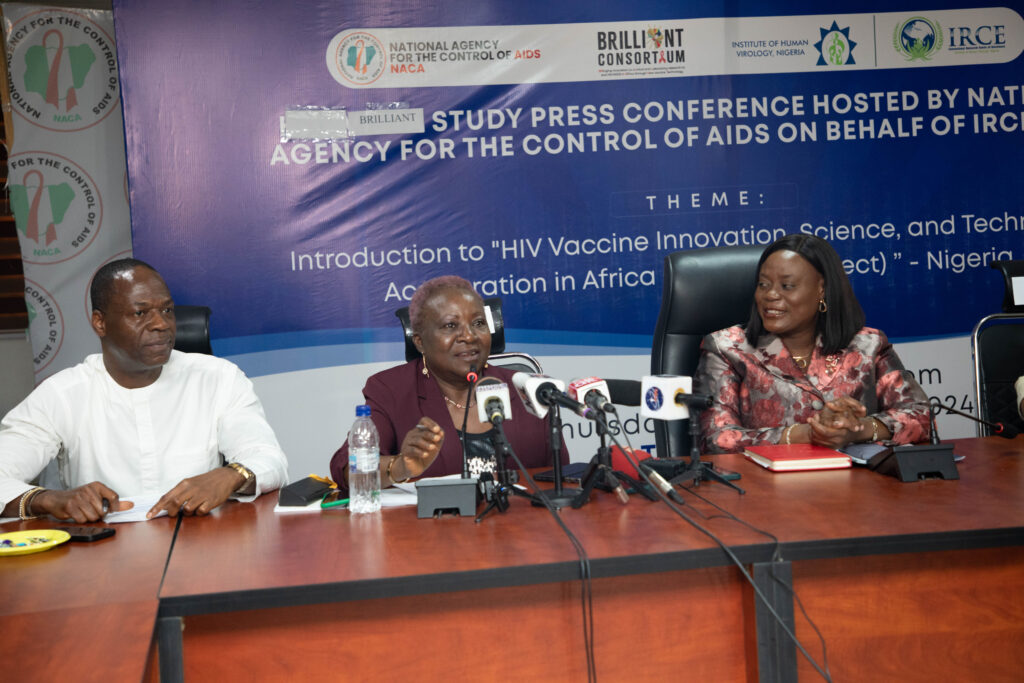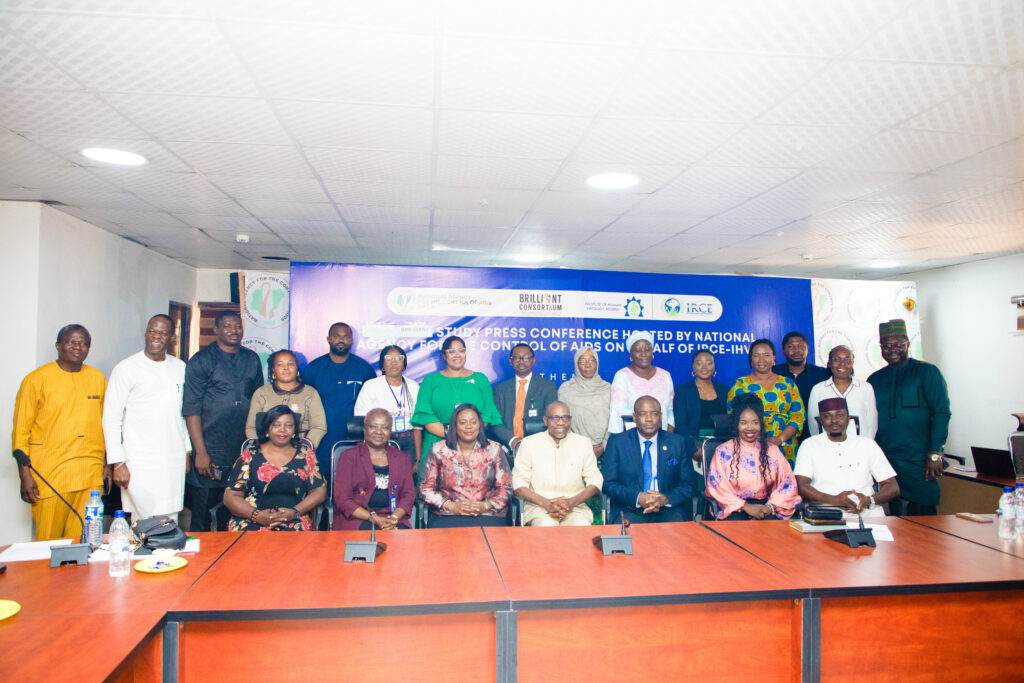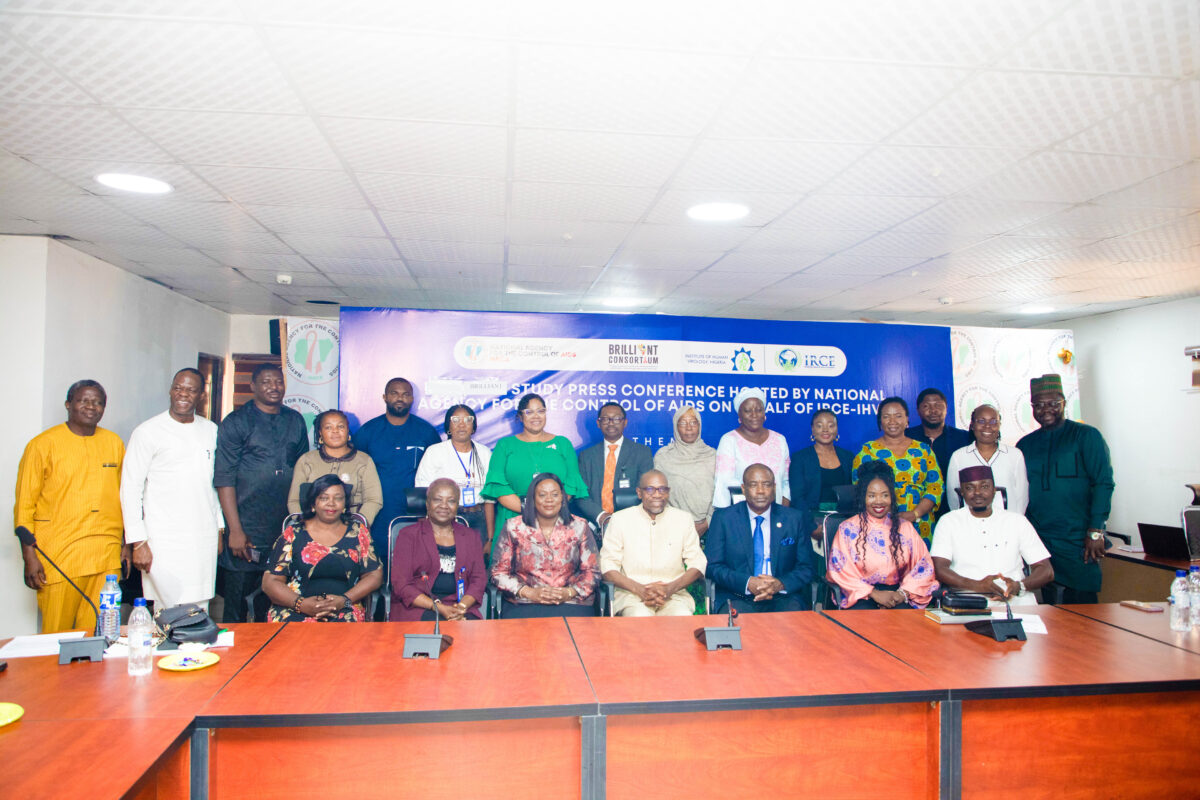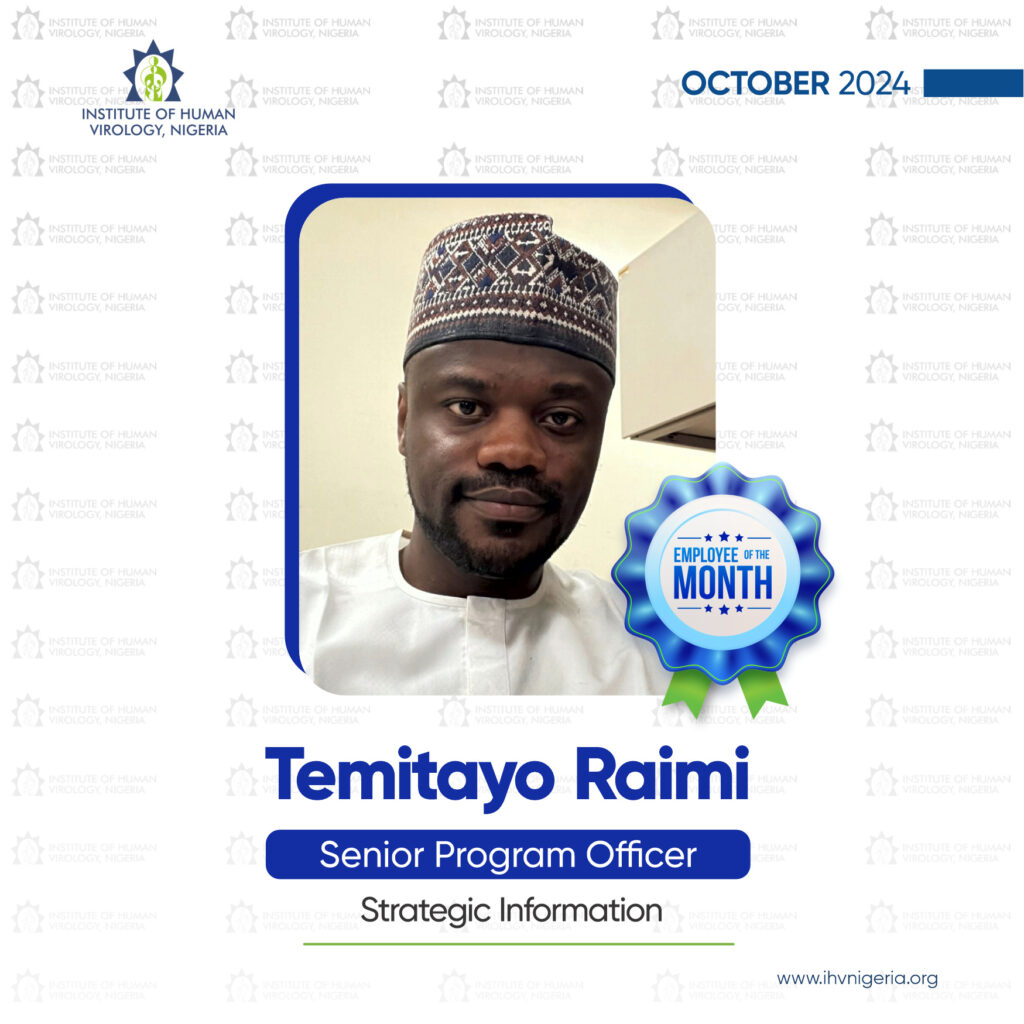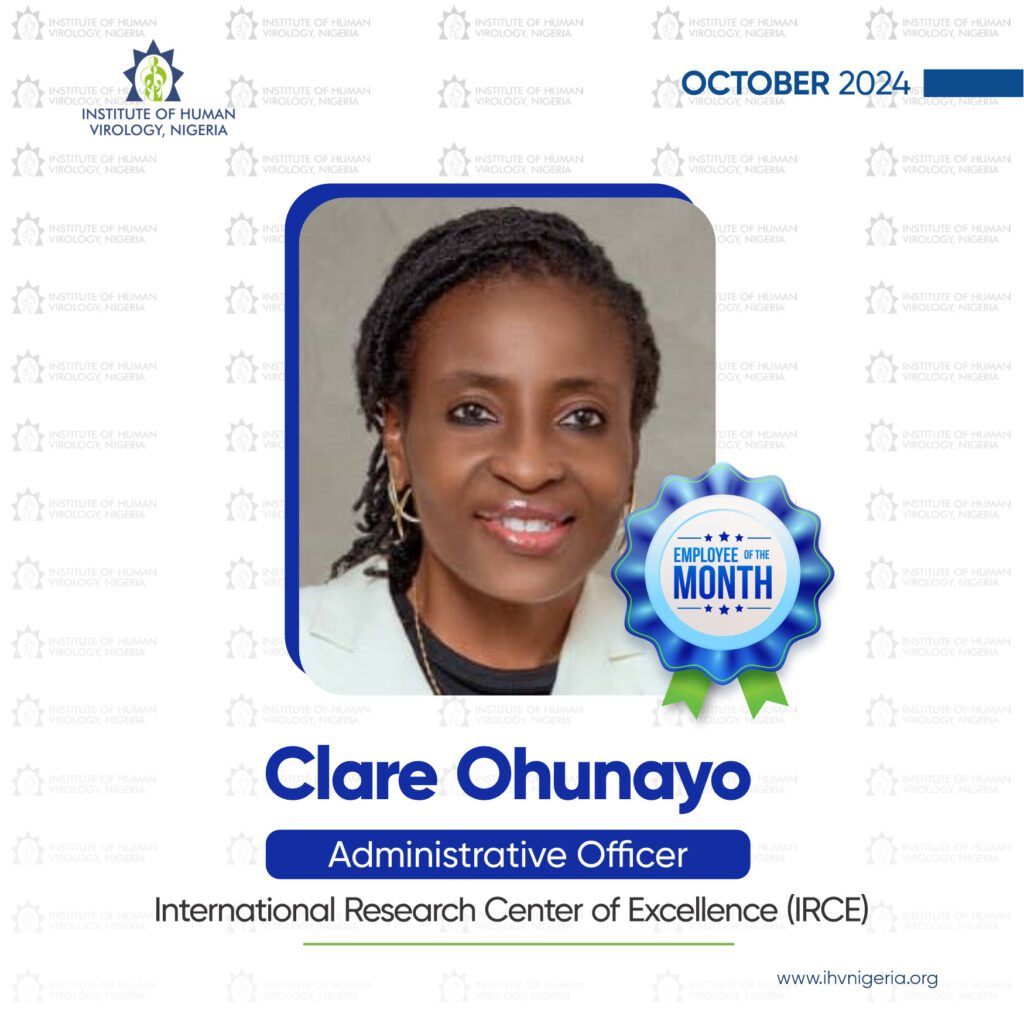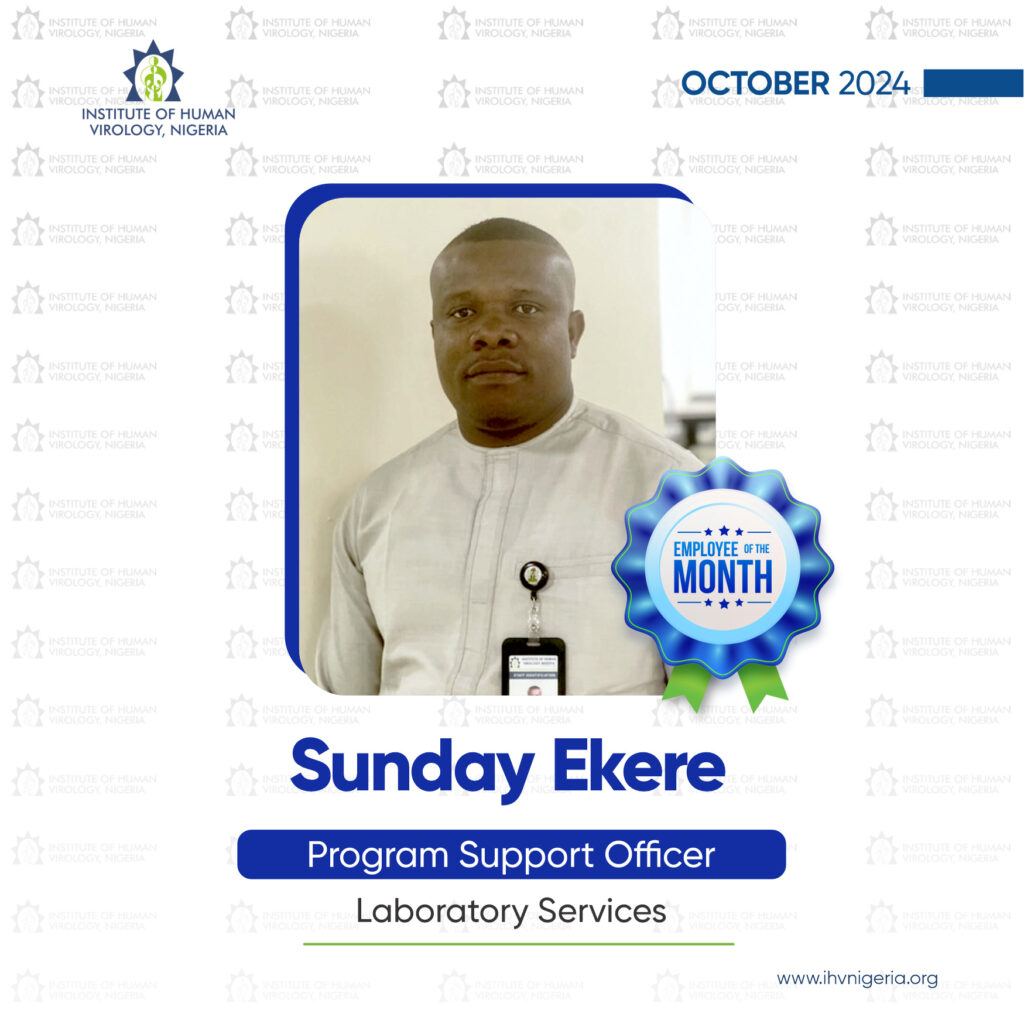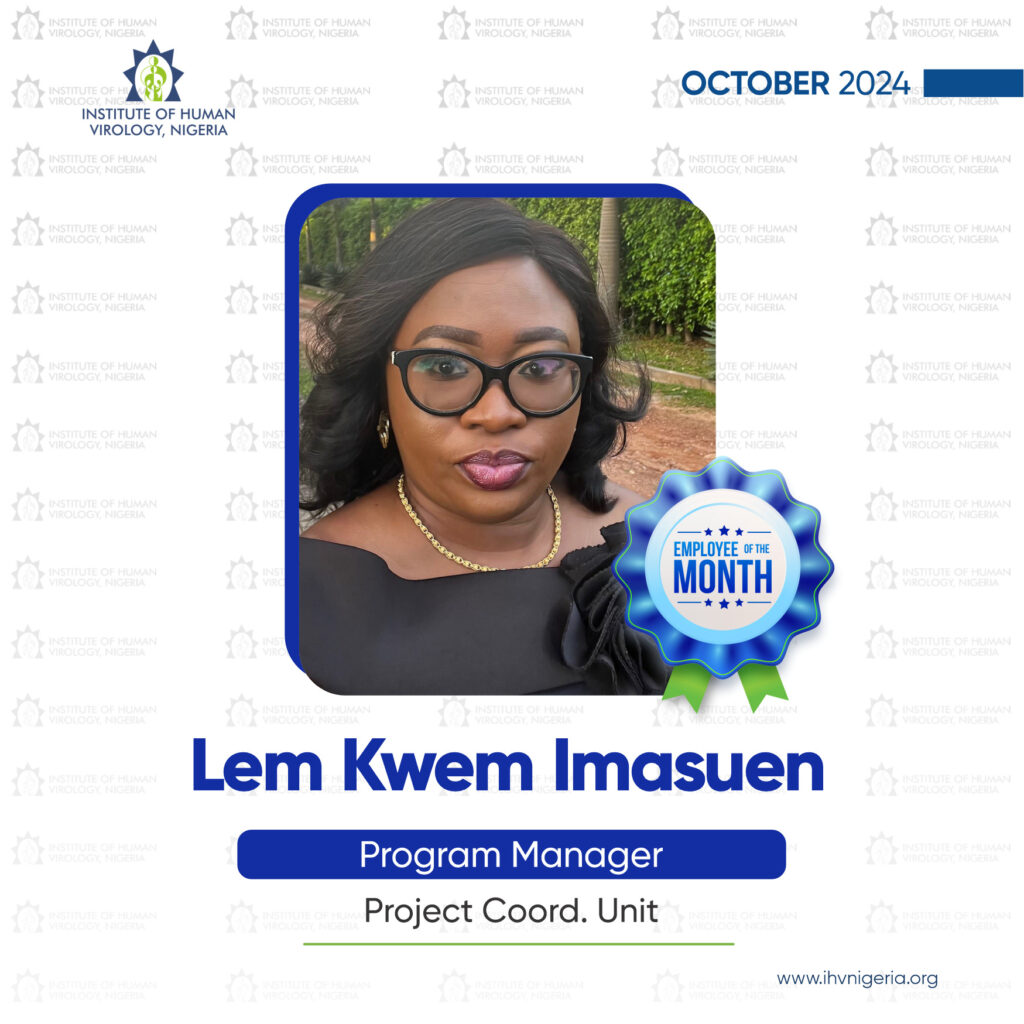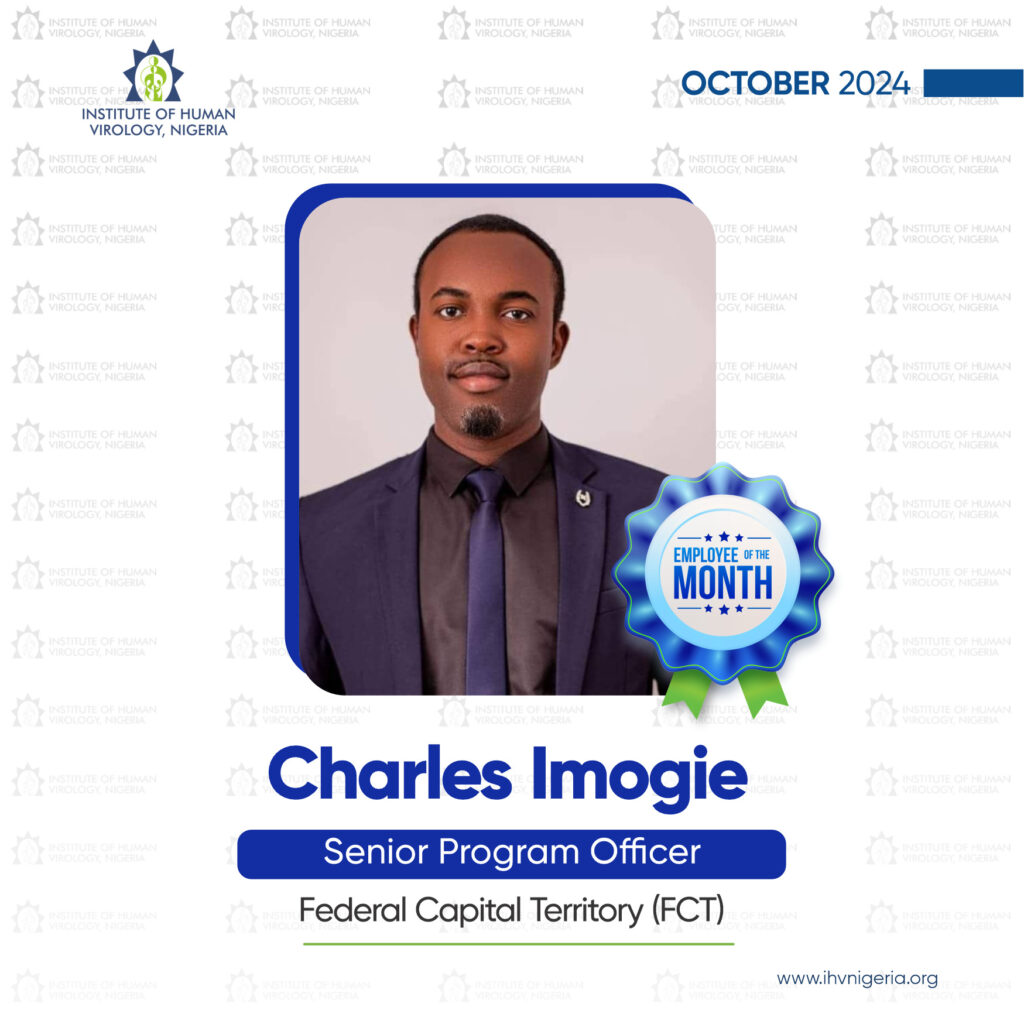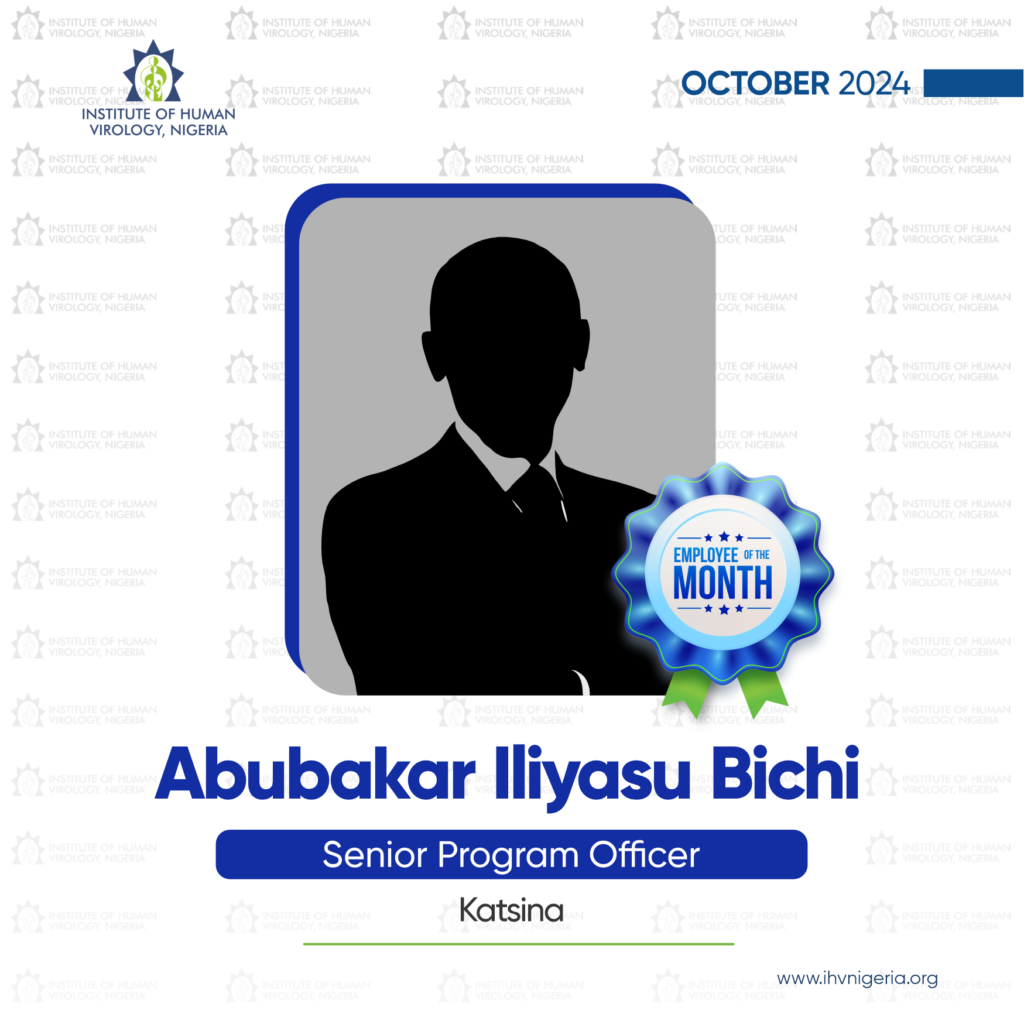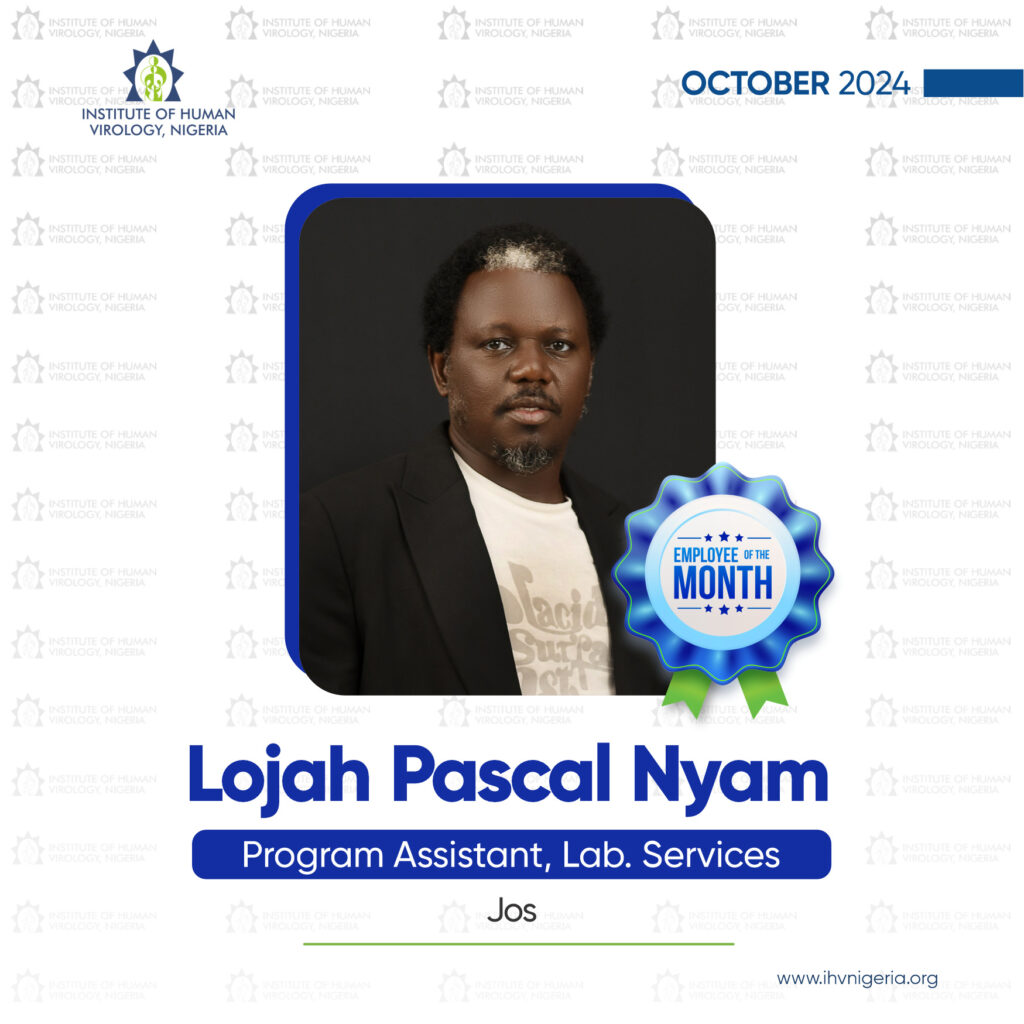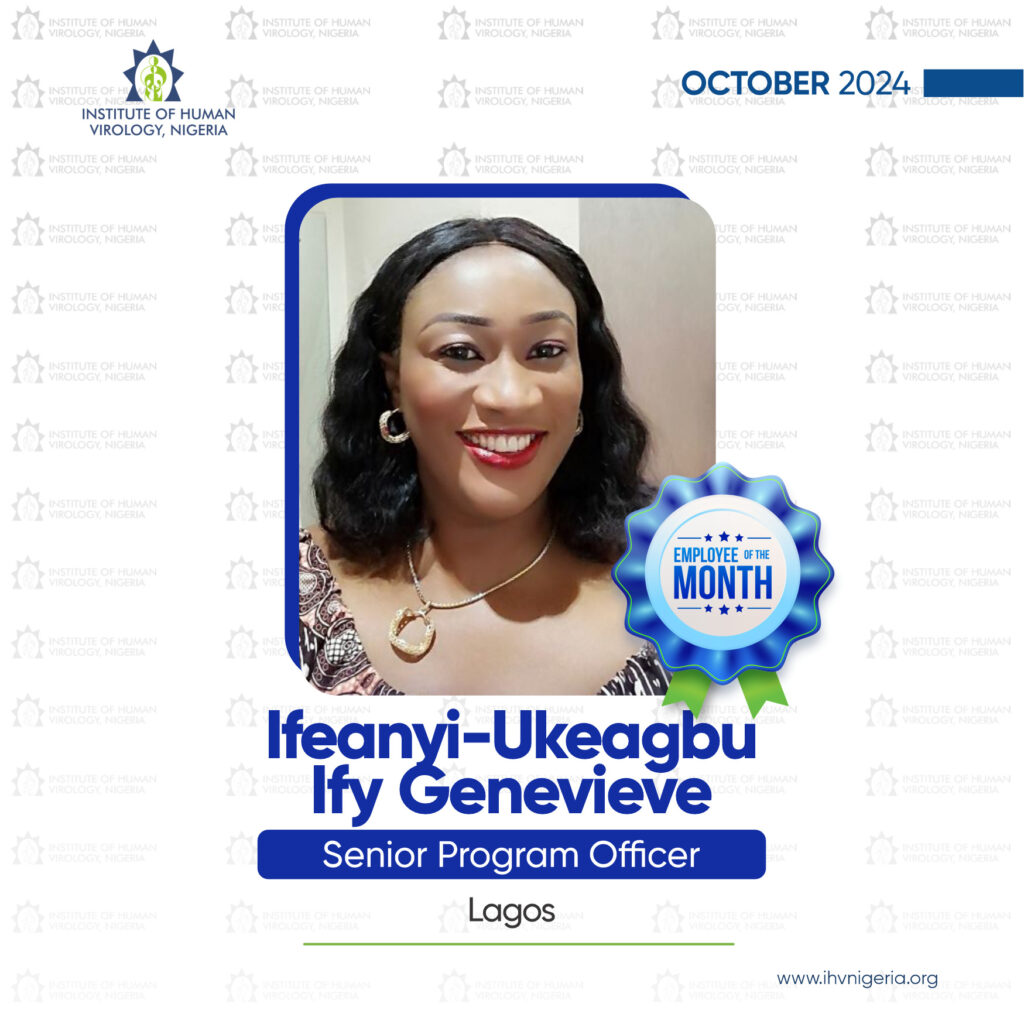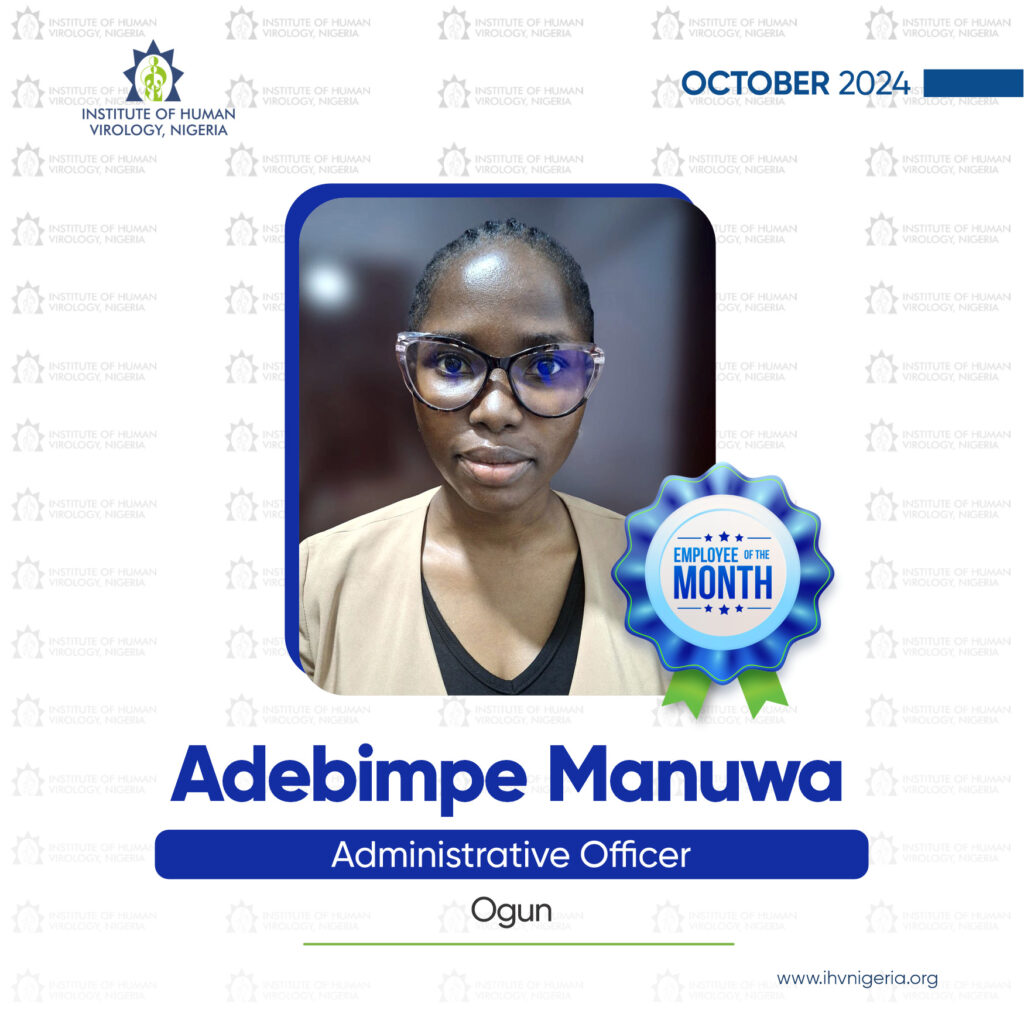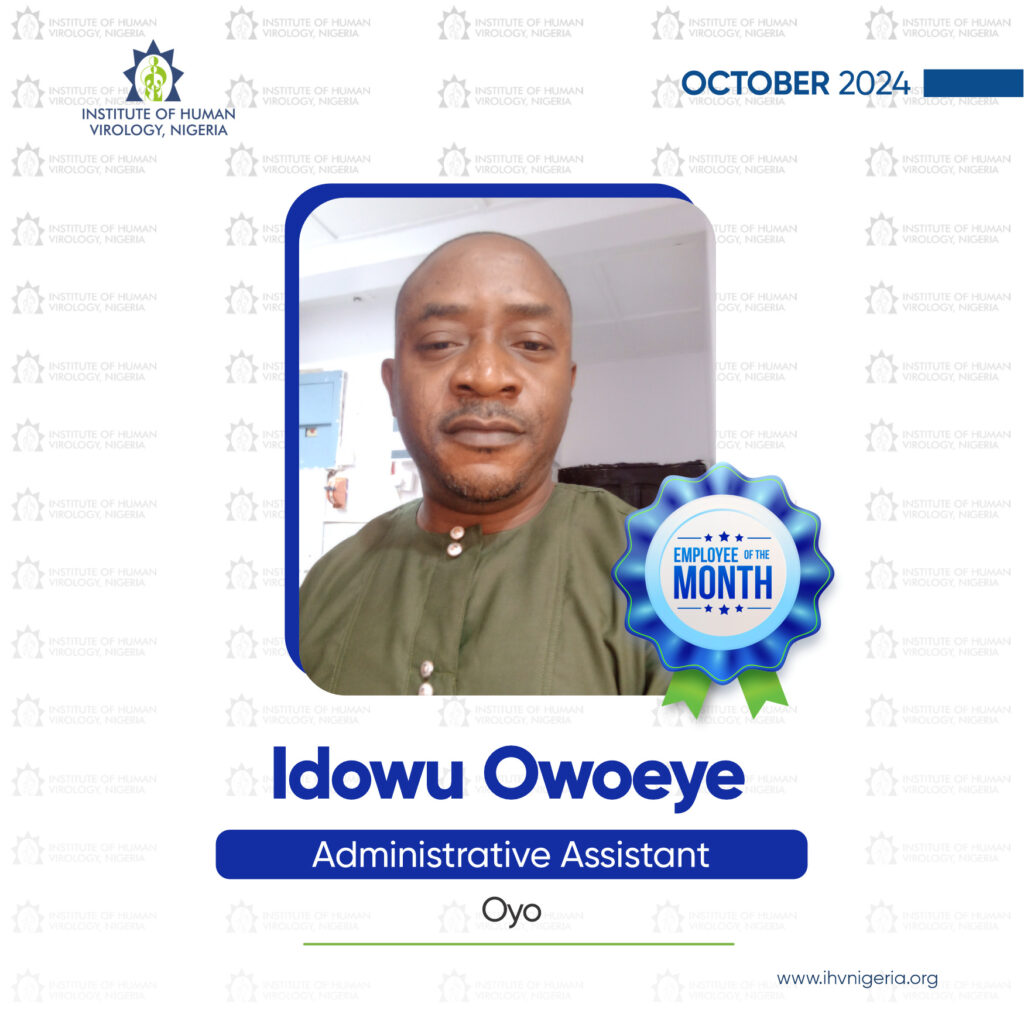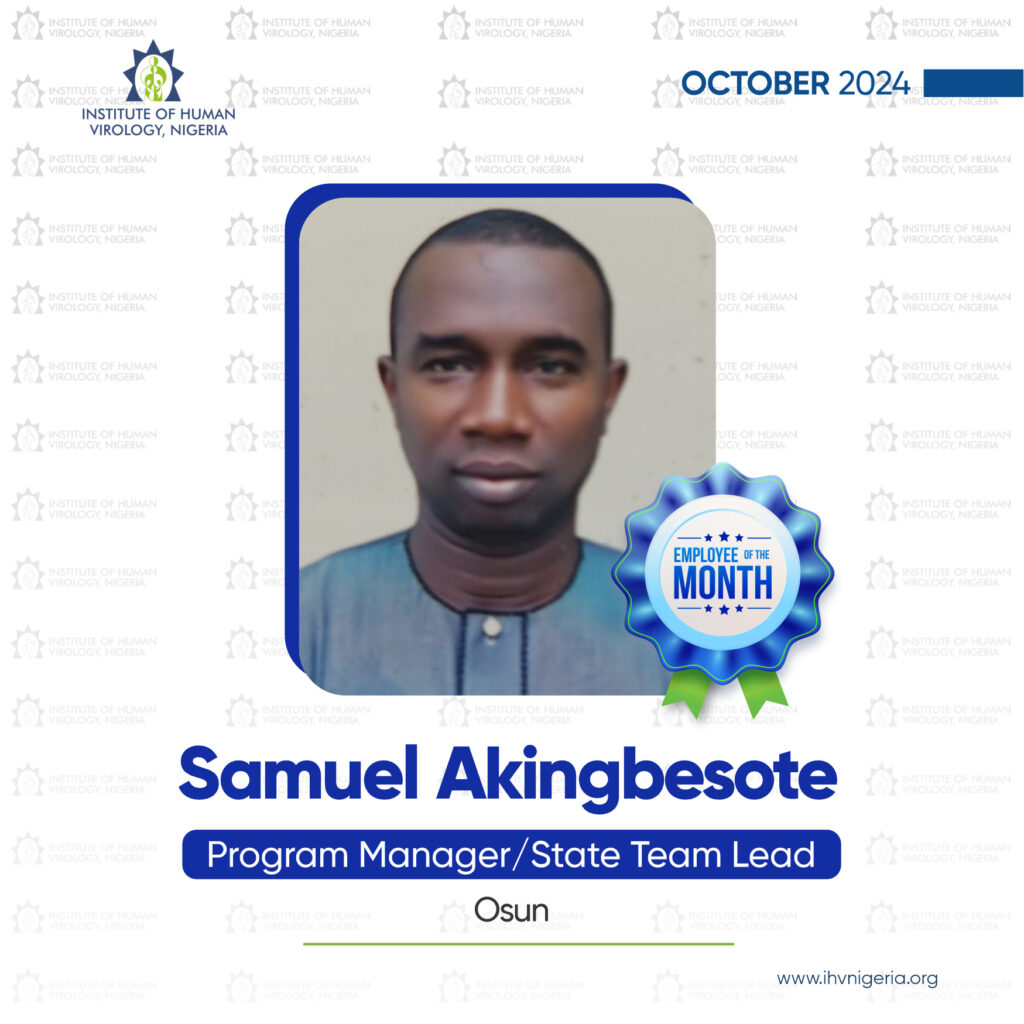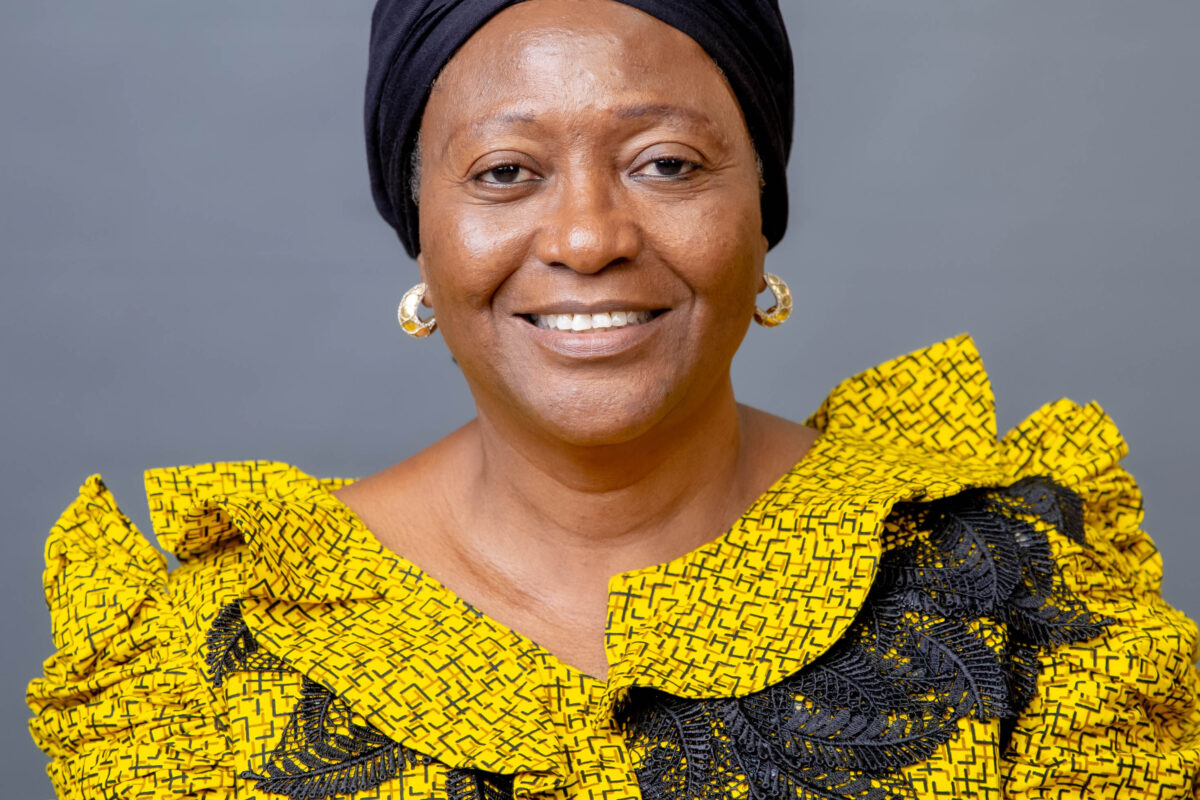This work was undertaken by the BRILLIANT Consortium, made possible by the support of the American people through the United States Agency for International Development (USAID) until its suspension on January 27, 2025, and subsequent termination on the 26th of February, 2025. The contents are the sole responsibility of the BRILLIANT Consortium and do not necessarily reflect the views of USAID or the United States Government.
The Institute of Human Virology Nigeria (IHVN) is participating in a groundbreaking African-led initiative to develop an HIV vaccine aimed at addressing the continent’s high burden of HIV infections.
Through its International Research Centre of Excellence (IRCE), IHVN is implementing the “Bringing Innovation to Clinical and Laboratory Research to End HIV in Africa through New Vaccine Technology” (BRILLIANT) project in Nigeria. The project is funded by a $45 million grant from the United States Agency for International Development (USAID) and led by the Chief Executive Officer and President of the South African Medical Research Council, Cape Town, South Africa, Prof. Glenda Gray
The initiative is part of the HIV Vaccine Innovation, Science, and Technology Acceleration in Africa (HIV-VISTA) program, includes Nigeria, South Africa, Zambia, Zimbabwe, Tanzania, Uganda, Kenya, and Mozambique, and it aims to tailor HIV vaccine solutions to meet the specific needs of African populations.
IRCE Executive Director, Professor Alash’le Abimiku, expressed optimism about the project’s potential emphasizing that it is an essential step towards reducing the continent’s dependency on external support by cultivating local expertise and fostering private-sector partnerships.
“Africa currently bears approximately 65 percent of the global HIV burden, with Nigeria ranking as the fourth highest in cases worldwide. In 2023, UNAIDS estimated nearly 40 million people were living with HIV globally, with 1.3 million new infections recorded. In Nigeria alone, 1.9 million people are affected by HIV, underscoring the urgent need for additional preventive tools like a vaccine.”
She stressed the importance of leveraging new vaccine technologies, such as mRNA, to keep Africa’s healthcare solutions modern: “We cannot be using outdated technologies of the 18th century. We have to employ current technologies, and this collaboration should bring that capacity to our continent. This is a true partnership that acknowledges Africa’s potential for innovation and science to solve global health challenges, especially those that disproportionately impact our continent.”
IHVN and the BRILLIANT consortium’s efforts focus on evaluating vaccine candidates originating from Africa, with plans to implement the research solely within Sub-Saharan Africa, the region most affected by the epidemic. The HIV-VISTA study and the BRILLIANT project aim to establish a sustainable foundation for HIV vaccine research and development within the continent, potentially saving millions of lives by advancing local solutions to one of Africa’s most significant health challenges.
The Director-General of the National Agency for the Control of AIDS (NACA), Temitope Ilori, stated that “the five-year research initiative aims to find an effective vaccine for HIV, a virus particularly prevalent among youths, which could contribute significantly to the goal of the Federal Ministry of Health in eradicating the virus. Nigeria is one of eight African countries commissioned to work on a vaccine suitable for our population. This clinical trial, part of the BRILLIANT Study, is a crucial step toward ending HIV in Africa.”
Also at the event, UNAIDS Country Director Dr. Leo Zekeng, applauded the initiative as a groundbreaking step in global AIDS prevention. “At the core of our global strategy is ending inequalities and ending AIDS by 2030. Promoting science, research, and development is part of this effort and this initiative is tailored for Africa’s population and empowers local scientists to continue the fight against HIV. He expressed appreciation for USAID’s support, describing it as “sa vital investment in Africa’s healthcare future.”
